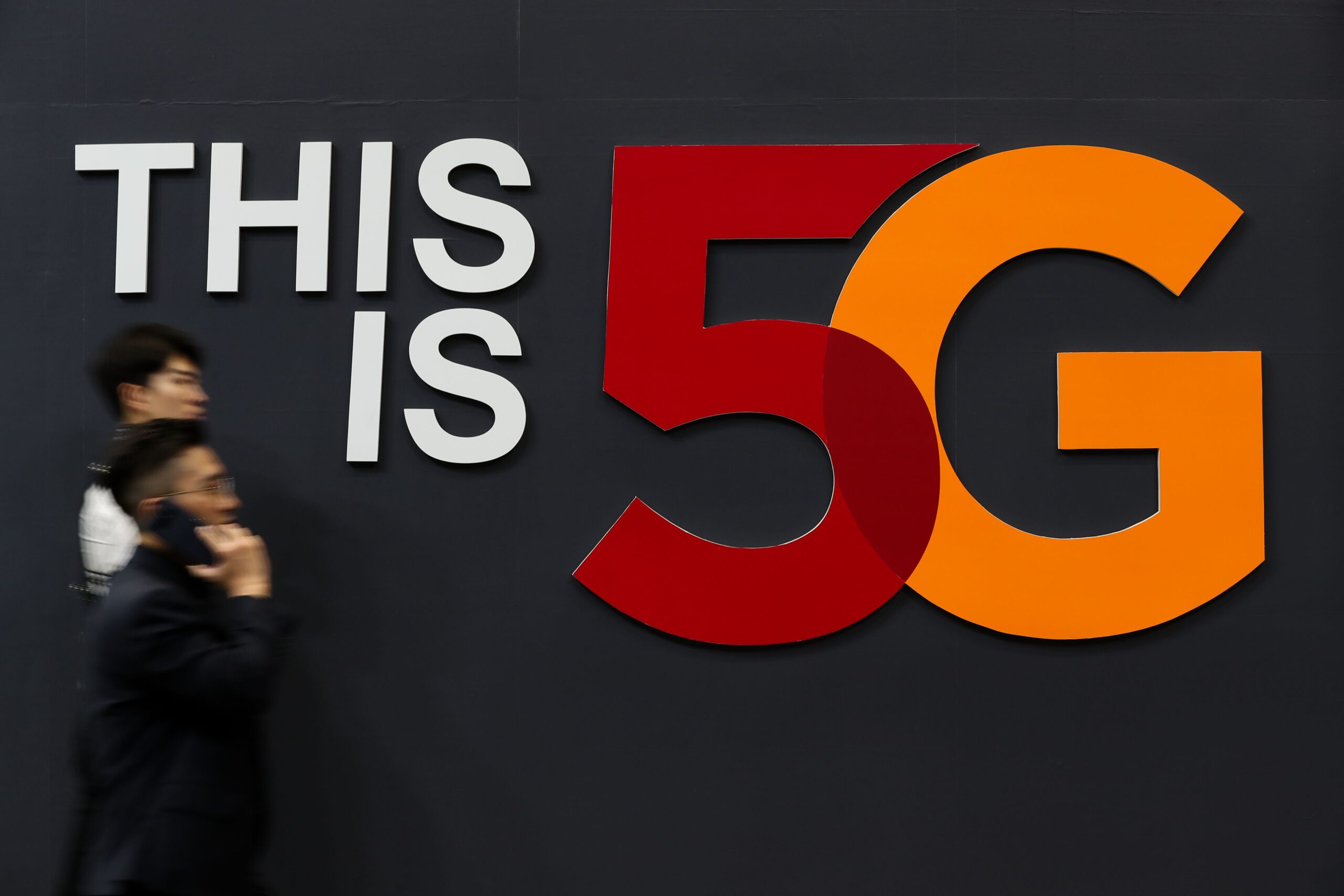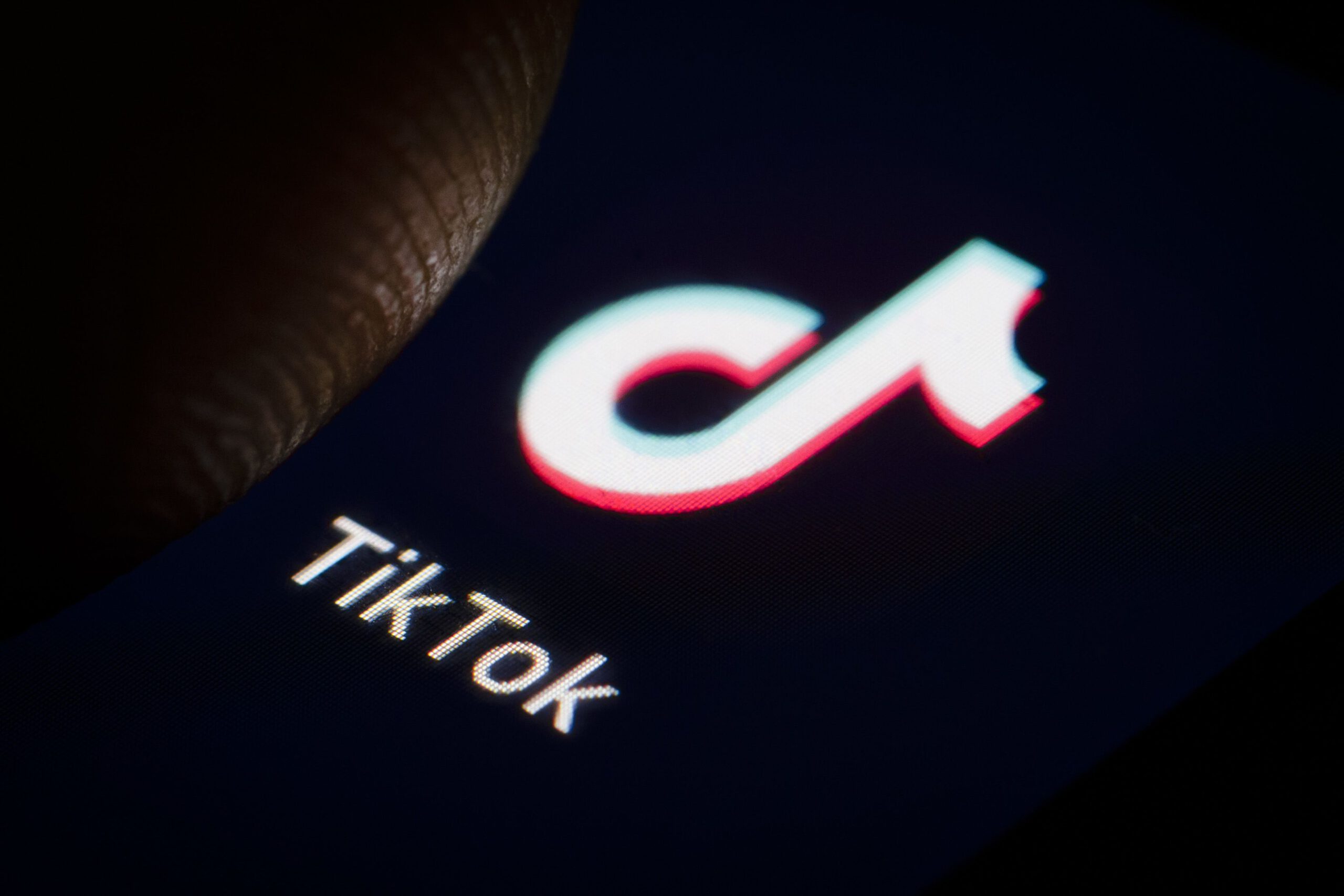
Visitors walk past an advertisement for the SK Telecom Co. at the World IT Show 2018 in Seoul, South Korea on May 23, 2018.
SeongJoon Cho | Bloomberg | Getty Images
Singapore will be rolling out commercial 5G services from next year as the country seeks to establish the “backbone of our digital economy,” Minister for Communications and Information, S Iswaran, said Thursday.
5G refers to the fifth generation of high-speed mobile internet that aims to provide faster data speeds and more bandwidth to carry growing levels of web traffic.
The country’s telecommunication regulator, Infocomm Media Development Authority (IMDA), announced Thursday that at least 50% of the city-state covered with a standalone 5G network by the end of 2022.
A standalone network refers to infrastructure designed using 5G-specific technologies and is necessary for developing new applications around smart factories, autonomous vehicles, and the so-called “internet of things.” It is said to be more efficient compared to many of the initial wave of 5G networks that are being rolled out by upgrading existing 4G infrastructure — this is known as non-standalone 5G.
Singapore will initially have two types of 5G network operators, IMDA said. The regulator called on the country’s four local carriers to submit their 5G proposals.
Based on those proposals, the regulator will select two telcos to deploy standalone 5G networks with wide-area coverage using the most efficient spectrum available. Spectrum refers to the radio frequencies allocated in lots by governments to mobile network operators over the airwaves. Telcos have to pay at least 55 million Singapore dollars ($40.18 million) for each spectrum lot they want, the regulator said.
The remaining two telcos will get relatively less efficient spectrum bandwidth to deliver localized 5G services based on existing infrastructure.
The spectrum licenses are expected to be given out by the middle of 2020 and would run for up to 16 years, according to the IMDA.
5G cost concerns
Speaking to reporters on Thursday, Iswaran said the idea of having two standalone 5G networks will “ensure that there’s sufficient coverage, breadth, competition — which will present benefits for both consumers and businesses.”
For local telcos, building standalone 5G networks that do not use any of the existing infrastructure would mean additional costs while revenue sources for related services are still evolving. The largest network operator in the city-state, Singapore Telecommunications, had previously asked IMDA to give out the 5G network licenses for free.
Iswaran drew on past experiences with 3G and 4G developments and said: “Cost tends to be higher at the start but as the technology matures and applications are scaled, it tends to find its own balance and equilibrium, in terms of the market.”
“I think 5G is not going to be any different in that regard, and the telcos agree as well,” he added.
5G commercial services are already being rolled out in countries…
https://www.cnbc.com/2019/10/17/singapore-to-roll-out-commercial-5g-services-by-2020.html















